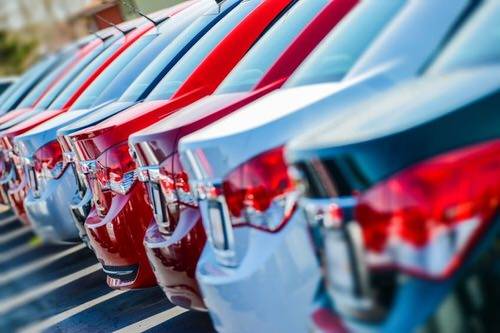The onset of self-driving cars is a blessing and a curse, depending on who you ask. For car manufacturers, it might be more of a curse, according to a new study published by the University of Michigan.
The study claims that the self-driving will cause lower car demand, as more families transition to one car for the family. Instead of having a car parked while you’re at work, the study says that other family members will be able to remotely call for it, instead of purchasing their own car.
Google last week assured car dealers at a conference that autonomous vehicles would actually be a boon to their bottom lines.
See Also: Massachusetts clears a lane for self-driving cars
The study claims that there is a lack of “trip overlap,” where more than one person needs the car at the same time. The ability to summon the car will reduce the amount of time it is parked, and reduce the necessity for a secondary family car.
Car sharing between friends and neighbors might also come into play, if schedules don’t conflict. That might become even more prevalent for electric self-driving cars, which can be charged at home or at a free electric charge point, meaning minimal expenses for both parties.
The university asserts that 84 percent of trips can be done with one car, if it is capable of self-driving. This would require regulators to allow cars to drive without a person inside, which is currently illegal.
Google sees things in a different light
Just last week, Google argued against the idea that car dealers and manufacturers will lose sales in the self-driving age. The head of the self-driving project, John Krafcik, said that the rise in usage of a single car means more servicing and less time owning one car.
It all depends on how well maintained the self-driving cars are, we assume. If a car is doing five times as many rides per day, does that mean the customer is will purchase a new car five times as often? We will have to see.


















